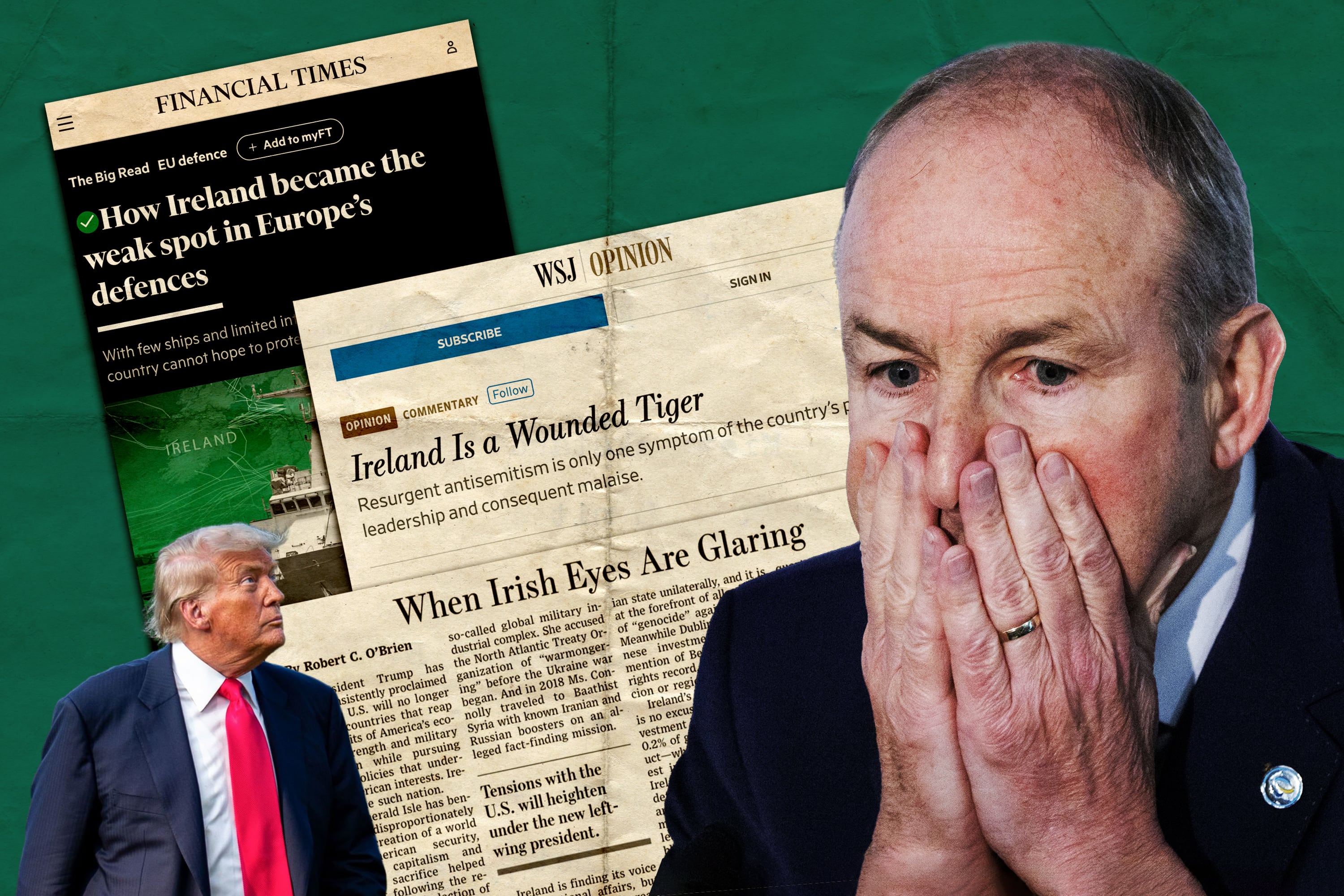“Research is seeing what everybody else has seen and thinking what nobody else has thought.”
The words of Albert Szent-Gyorgyi, the Hungarian biochemist, who is credited with isolating vitamin C through his pioneering scientific research. He was chair of medical chemistry at the University of Szeged in Hungary when he was awarded the Nobel Prize in Physiology or Medicine in 1937.
Two years later, he offered all his Nobel Prize money to my homeland, Finland, after the Soviet Union invaded the country in 1939.
During his storied career, he led research programmes in several universities on both sides of the Atlantic, with a common thread of focus on the future of mankind. In a letter to the editor of Science magazine in 1972, Szent-Gyorgyi wrote: “The future of mankind depends on the progress of science and the progress of science depends on the support it can find.”
RM Block
Sustained public investment in research can help build a more resilient Irish economy by supporting innovation, improving competitiveness, and reducing dependence on external markets – factors that are increasingly important in the face of US trade policies, instability in Europe, and the growing impact of climate change.
The programme for government is committed to increasing research investment. However, the nature and extent of this investment will become apparent only in the upcoming review of the National Development Plan (NDP).
The Minister for Further and Higher Education, Research, Innovation and Science, James Lawless, recently visited Maynooth University to launch University Research for a Better Ireland, an initiative by the Irish Universities Association to highlight the positive impact of university research in tackling major societal and economic challenges.
This is not some esoteric campaign for specialists – quite the opposite. It focuses on the impact of university research on everyday lives across various sectors, including health, housing, climate, energy, water, farming, education – and beyond.
For example, hundreds of thousands of people in Ireland have been affected by storms and flooding in recent months. UCC researchers are using satellite imagery and data analysis to predict floods, providing real-time information for proactive management of extreme weather conditions.
In the housing sector there is an increasing demand for energy-efficient homes, particularly in the second-hand market. Researchers at DCU have developed an innovative solution that transforms old clothing – much of which contains fossil fuel-based materials – into high-performance external insulation for poorly insulated residential properties.
An estimated 6,000 people in Ireland suffer heart attacks annually. Researchers at the University of Galway are currently developing wearable and implantable sensors to alert high-risk patients to impending heart attacks.
At my own university, Maynooth, my research colleagues are utilising state-of-the-art chemical science to develop spray-on and wash-off bandages for individuals with the genetic skin condition epidermolysis bullosa. This programme has been notably supported by Government investment in equipment renewal, which has directly contributed to the positive outcome.
There is an extensive range of research activities across all Irish universities focused on practical innovation and solutions, and it is imperative that these are sustained for the betterment of Ireland and the wider world.
We are currently living in a very uncertain international environment. The economic model which has served Ireland so well over the past 15 years is facing pressure. Research investment helps address some of our most significant national problems, but significantly more is needed if we are to address the challenges ahead effectively.
The Irish Universities Association has proposed a new five-year €600 million programme, administered by the department, to deliver upgrades to outdated research equipment, new technology enterprise hubs that support collaboration between research institutions and the recruitment of up to 600 extra PhD students.
Ireland has a track record of investing in research, and this proposal builds on that established foundation. Previous government initiatives, such as the Programme for Research in Third Level Institutions, have proven that investment in university research leads to a more innovative and competitive economy.
It has shown that Ireland can be a world leader in scientific breakthrough when the right conditions are in place.
Now is the time to build on these successes by delivering an NDP review that harnesses the transformative power of research and turns the ambition of the programme of government into a reality. To paraphrase Albert Szent-Gyorgyi: the future of Ireland depends on the progress of science and the progress of science depends on the support it can find.
Prof Eeva Leinonen is president of Maynooth University and chair of the Irish Universities Association

















